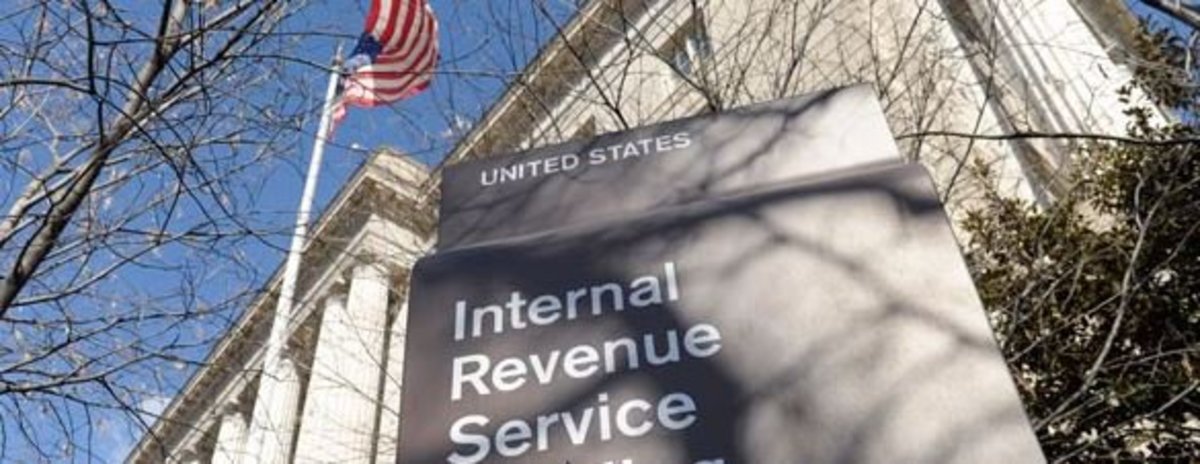Using money while abroad has been a major problem for travelers since, well, the inception of money although I haven’t had the chance to try Bitcoin for that purpose just yet. Attempts to solve this problem of exchange have included everything from seashells to precious metals to fiat currency with mixed results. However, the potential benefits for travelers cannot be denied as Bitcoins are frictionless, commission-free, and may be even considered by some to be the first true global currency.
Converting is a pain
Probably more of a habit than anything else, I still have much trust in hard cash. Usually, the few days prior to travelling internationally are spent running from one local currency exchange to the next in an attempt to get the best rates.
Remembering my last trip, travelling around nearly half of Europe, I had all types of banknotes and coins that I never seen before. Worst of all, prior to departure, one always has to figure out what to do with the remaining Croatian Kuna or Czech Koruna, for example, since they will be made utterly useless once you cross the border; converting them back into relevant currency means you will pay the commission fee twice.
Bitcoin helps to avoid the problem of multiple conversions. One wallet in you smart-phone or even better, in a remote cloud, would give you access to your funds saving you the hassle and time of converting hoards of metal and paper.
Security issues
While I was lucky not to have my bank account information stolen during my travels, we hear countless stories of identity theft, fraud, and other crimes from tourists. It is easy to see why people are reluctant to pay with plastic cards or even so-called ‘safer’ options like traveler’s checks.
Nick Tomaino, whose article inspired me to contribute to this topic, had some unpleasant experience in his voyage through South America. It only took him one time paying for water in a convenience store for hundreds of dollars to be taken from his debit card account.
Thankfully, his bank reacted fairly quickly and the day after the purchase, the money was recovered. But the fact that he needed to wait a whole week for the bank to send him a new card is quite discouraging. Luckily, Nick had a backup credit card, though if hadn’t, he would be stranded in South America without any funds.
Robbing fees
Although money conversion is troublesome and the possibility of fraud is always in the back of my mind, I must admit the withdrawal fees charged when one uses an ATM of a bank different from your own is almost criminal in itself.
Although in my case, the withdrawal fees did not ruin me financially with a total of 30 Euros, I want to point out that I had most of my money in cash at the time. Nick’s fees amounted to a more substantial 96 US dollars of which 36 were taken just by swiping his card to buy something.
Bitcoin to the rescue
At the time of writing, several travel sites like cheapair.com, btctrip.com, and for those of you bored with terrestrial travel, virgingalactic.com, are already giving sojourners the ability to book flights, tickets, and hotels using Bitcoin. As I was planning my trip for this summer, I actually considered converting some of my money into this ‘digital gold.’ Despite my love for the feel of crunchy foreign banknotes in my hands, I believe Bitcoin will prove to be more efficient for minor spending, at least for now. However, I would advise travelers not to venture off too far armed with only their smart-phones and Bitcoin accounts due to present drawbacks: the volatility of the BTC exchange rate, the internet still not being widely available in some countries, and Bitcoin still being unknown to most merchants. But this will probably change very soon.







